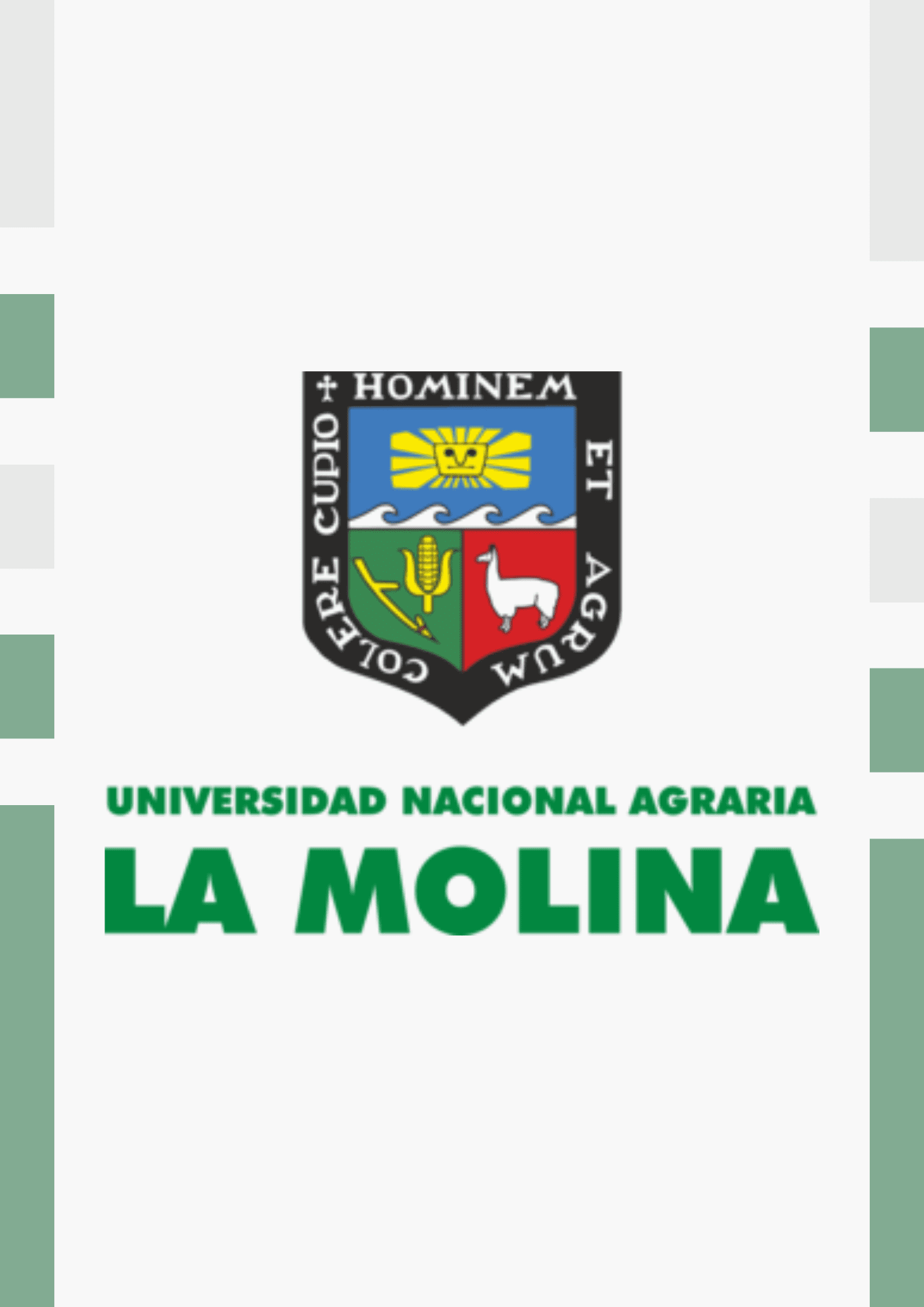Editorial: Why livestock genomics for developing countries offers opportunities for success.
| dc.contributor.author | Muchadeyi, F. C. | |
| dc.contributor.author | Ibeagha-Awemu, E. M. | |
| dc.contributor.author | Javaremi, A. N. | |
| dc.contributor.author | Gutierrez Reynoso, G. A. | |
| dc.contributor.author | Mwacharo, J. M. | |
| dc.contributor.author | Rothschild, M. F. | |
| dc.contributor.author | Sölkner, J. | |
| dc.date.accessioned | 2021-11-11T20:07:59Z | |
| dc.date.available | 2021-11-11T20:07:59Z | |
| dc.date.issued | 2020 | |
| dc.description | Universidad Nacional Agraria La Molina. Escuela de Posgrado. Maestría en Producción Animal | |
| dc.description.abstract | The Research Topic yielded 23 articles that are either review (five papers) or original research articles (18 papers) covering major livestock species kept in developing countries including cattle (seven papers), sheep (five papers), goats (three papers), and chickens (three papers). The manuscripts cover a broad range of genomic applications such as genomic selection/assisted breeding, genome-wide association analysis, diversity studies with a particular emphasis on adaptive genetic variation and signatures of selection analysis, and some elements of functional genomics using RNA sequencing and differential gene expression profiling. Whilst a broad range of genomic applications are covered, there is a bias toward genomic diversity studies, indicating the limited utility of other genomic applications due to inherent limitations to data collection and funding that characterize most developing countries, and are highlighted in some of the review articles | |
| dc.format | application/pdf | |
| dc.identifier.citation | Muchadeyi Farai C., Ibeagha-Awemu Eveline M., Javaremi Ardeshir N., Gutierrez Reynoso Gustavo A., Mwacharo Joram M., Rothschild Max F., Sölkner Johann. (2020). Editorial: Why Livestock Genomics for Developing Countries Offers Opportunities for Success. Frontiers in Genetics 11.2020.626. https://www.frontiersin.org/article/10.3389/fgene.2020.00626 https://doi.org/10.3389/fgene.2020.00626 | |
| dc.identifier.doi | https://doi.org/10.3389/fgene.2020.00626 | |
| dc.identifier.uri | https://hdl.handle.net/20.500.12996/5039 | |
| dc.language.iso | eng | |
| dc.publisher | Frontiers | |
| dc.publisher.country | CH | |
| dc.rights | info:eu-repo/semantics/openAccess | |
| dc.source | https://www.frontiersin.org/articles/10.3389/fgene.2020.00626/full | |
| dc.subject | Genética | |
| dc.subject | Genotipos | |
| dc.subject | Variación genética | |
| dc.subject | Adaptación | |
| dc.subject | Países en desarrollo | |
| dc.subject | Mejoramiento animal | |
| dc.subject | Éxito | |
| dc.subject.ocde | https://purl.org/pe-repo/ocde/ford#4.02.01 | |
| dc.title | Editorial: Why livestock genomics for developing countries offers opportunities for success. | |
| dc.type | info:eu-repo/semantics/article | |
| dc.type.version | info:eu-repo/semantics/publishedVersion |


